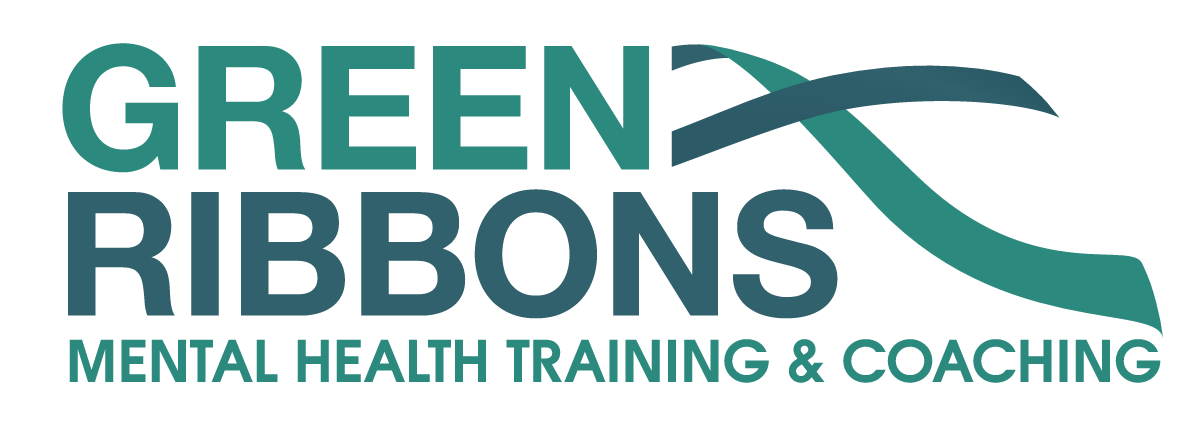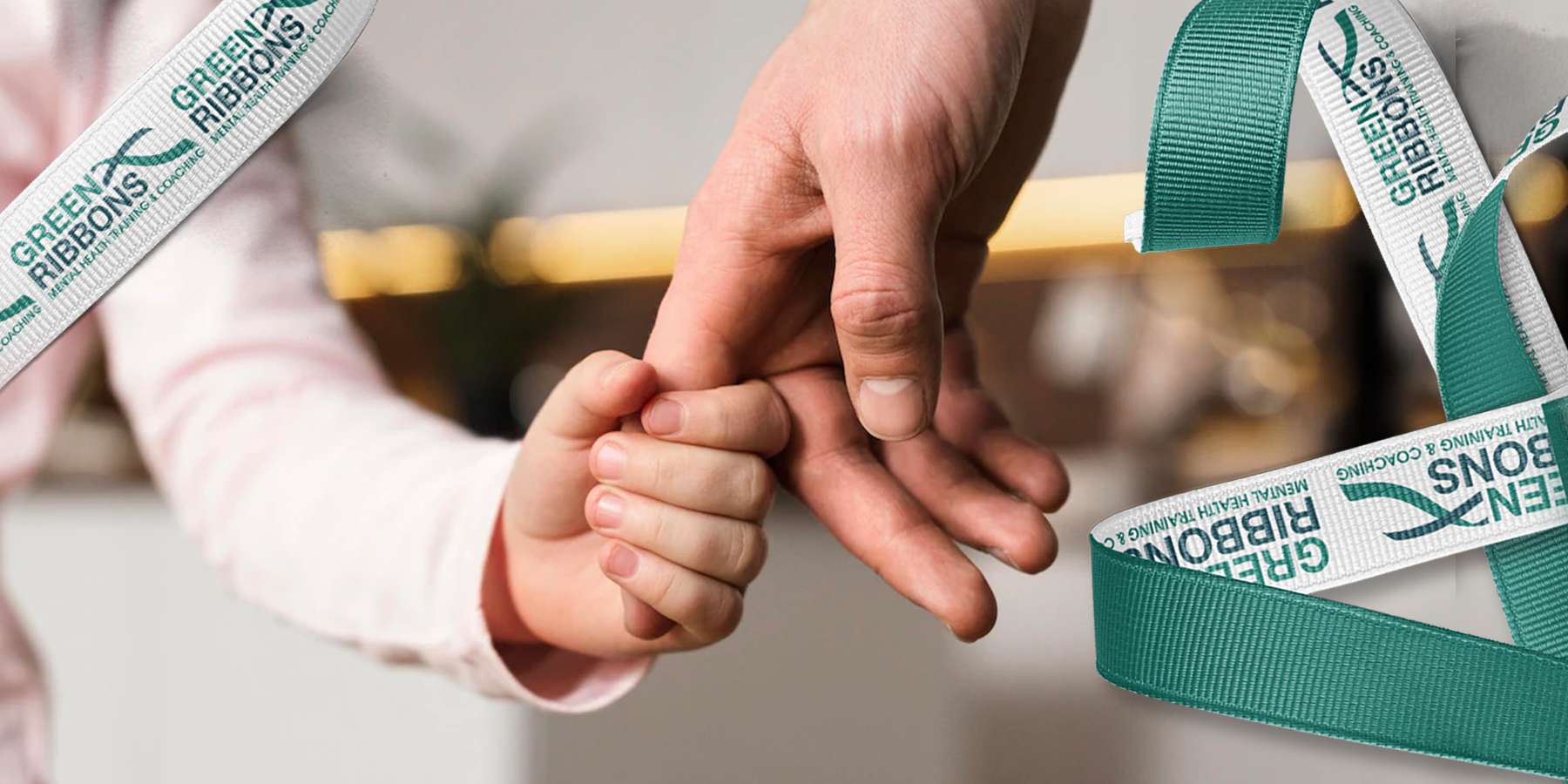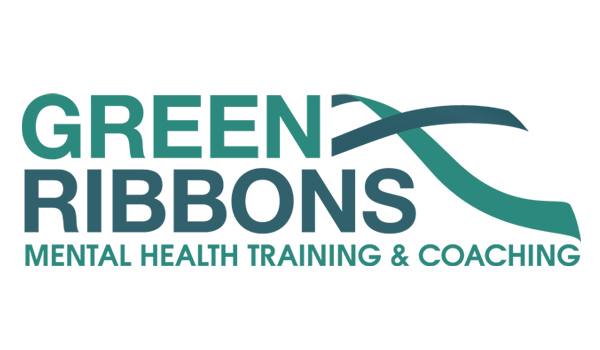Introduction
Last Saturday I delivered Scotland’s Mental Health First Aid to a group organised by Lossie 2-3 Group, and it’s made me think about the ‘Terrific Twos‘, a period of your child’s life marked by enthusiasm, curiosity, and a healthy dose of tantrums. This stage, often referred to as the ‘Terrible Twos’, can be a challenging time for parents. It’s a wild ride of emotions, from elation to exasperation, often all in the same day. But it’s also a time of incredible emotional development for your toddler, and with the right strategies, it can be a rewarding journey for parents too.
I’m not a huge fan of the term ‘terrible twos’. It’s catchy, but it paints an unnecessarily grim picture of what can be an exhilarating time of exploration and development for our little ones. Yes, it’s challenging, no doubt. But ‘terrible’? Not quite. They could, and should, be the ‘Terrific Twos’.
That said, there’s no shying away from the fact that the toddler years can be a rollercoaster for parents. One minute, they’re a bundle of joy, doling out cuddles and smiles, and the next, they’re throwing themselves on the floor in a tantrum because their sock is ‘too socky’. As parents, we may oscillate between feelings of pure love and frustration, and that’s entirely normal.
Navigating these emotional seas can be tricky, and it’s important to remember that our mental wellbeing matters too. It’s not just about surviving the ‘terrible twos’, it’s about thriving through them, and beyond.
Understanding the 'Terrible Twos'
Firstly, let’s demystify the ‘terrible twos’. What’s going on in that tiny head of theirs that’s causing all this chaos? Well, quite a lot actually. This is a time of explosive cognitive, emotional, and social development.
Imagine if you woke up one day and suddenly realised you could do things you never thought possible. You could open doors, climb furniture, express your desires, and make decisions. It would be exhilarating, but also overwhelming, right? That’s what’s happening to our toddlers. They’re realising they’re separate individuals with their own will, and it’s a heady mix of excitement and frustration.
Their language skills are developing, but they’re not quite there yet, which leads to further frustration. They know what they want, but they can’t articulate it, leading to tantrums, meltdowns, and general ‘terrible two’ behaviour.
Understanding these dynamics can help us empathise with our toddlers and respond more effectively to their needs. It’s not them trying to make our lives difficult, it’s them grappling with a whirlwind of development and emotions.
Maintaining Your Mental Health: A Survival Guide
So, how can we maintain our mental health amidst the mayhem of the toddler years? Here are some strategies that might help:
- Practice Self-Care: You’ve probably heard this a million times, but it’s worth repeating. You can’t pour from an empty cup. Make sure you’re taking care of your physical health through regular exercise, a balanced diet, and adequate sleep (where possible!). But also pay attention to your emotional health. Make time for relaxation and hobbies that make you happy. This isn’t selfish, it’s necessary.
- Embrace Mindfulness: Mindfulness is a powerful tool for mental wellbeing. It involves focusing on the present moment without judgement. This can help reduce stress and prevent us from getting overwhelmed by worries or frustrations. Try to incorporate mindfulness into your day, whether it’s taking a few moments to focus on your breath, savouring your morning cuppa, or taking a mindful walk.
- Stay Connected: Parenting can sometimes feel isolating, especially when you’re dealing with challenging behaviour. Try to stay connected with friends and family. Share your experiences, your successes and struggles. You’ll likely find that you’re not alone in your feelings.
- Develop a Support Network: A strong support network is vital during these years. This can be your partner, family, friends, fellow parents or a parenting support group. Don’t be afraid to ask for help when you need it. Remember, it takes a village to raise a child.
- Empathise with Your Toddler: Empathising with your toddler can help you stay patient and calm. It can also help you better respond to their needs. Remember, they’re not giving you a hard time, they’re having a hard time.
- Learn About Toddler Development: Understanding what’s happening in your toddler’s brain can help you make sense of their behaviour. There are many great resources out there (websites, books, podcasts) that can help you understand toddler development.
- Set Boundaries and Be Consistent: Toddlers need boundaries to feel secure. It’s important to be consistent with these boundaries to help them understand what’s expected of them. This can also reduce power struggles and tantrums.
- Practice Positive Parenting: Positive parenting involves responding to your child’s needs with warmth, consistency, and understanding. It can help you build a strong, nurturing relationship with your toddler and promote their social and emotional development.
- Seek Professional Help if Needed: If you’re feeling overwhelmed, anxious, or depressed, it’s important to seek help. A mental health professional can provide the support and tools you need to navigate this challenging time.
Parenting during the toddler years can be a whirlwind of emotions. It’s a time of tremendous growth for our little ones, and for us. We’re learning to navigate the world of parenting, and it’s not always easy. But remember, you’re not alone. Reach out, connect, and take care of yourself. You’re doing a great job, and it’s okay to ask for help.
The Power of Toddler Groups - Spotlight on Lossie 2-3 Group
In the midst of the wonderful whirlwind that is raising a toddler, it can sometimes feel like you’re navigating the storm alone. But in the heart of Lossiemouth, you’re far from it. The Lossie 2-3 Group is a fantastic local resource for parents and their little ones to come together, connect, and support one another through these formative years.
Held in the welcoming environment of Lossiemouth Youth Cafe, this group provides a space where toddlers can interact, play, and learn from each other while parents get to share experiences, swap stories, and form friendships. The group offers an array of activities tailored for the busy bodies and curious minds of toddlers, from arts and crafts to music and story time.
But it’s more than just a fun day out for your tot – it’s a lifeline for parents too. Being able to chat with other parents who are in the same boat, who understand the joys and trials of this stage, can be incredibly reassuring. And it’s a chance to pick up tips, advice, or simply a bit of empathy from those who truly get it.
Getting involved with the Lossie 2-3 Group is a fantastic way to feel supported and connected as you navigate this exciting, challenging, and ultimately rewarding phase of your parenting journey. After all, it takes a village to raise a child, and in Lossiemouth, they’re fortunate to have such a strong, supportive village at their disposal. So, why not join them? You and your little one will be welcomed with open arms.
Finding Joy in the Chaos
Amidst all the challenges, don’t forget to enjoy this precious time with your toddler. Yes, the ‘terrible twos’ can be tough, but they’re also filled with wonderful moments of discovery, joy and pure, unadulterated love.
Your toddler is seeing the world with fresh eyes, and their delight in the smallest things – a bird, a leaf, a snowflake – can be utterly infectious. Let their enthusiasm rub off on you. Take the time to see the world through their eyes, to play, to laugh, and to cherish these fleeting moments.
As your little one’s first role model, you’re not just shaping their world, but they’re shaping yours too. And that’s something truly magical.
Useful Resources and Links
- Lossie 2-3 Group: A supportive community group in Lossiemouth for parents of toddlers. Connect with other parents, share experiences, and watch your little one engage in fun, educational activities. Facebook page
- Parent Club Scotland: A comprehensive resource for parents in Scotland, offering advice and tips on everything from toddler tantrums to bedtime routines. Website
- NSPCC – Parenting advice: Offers advice on a range of parenting topics including managing challenging behaviour, boosting your child’s confidence, and keeping children safe. Website
- YoungMinds – Parents Guide to Support A-Z: This guide provides advice on how to support your child’s mental health, with a comprehensive A-Z on mental health conditions. Website
- MindEd for Families: An educational resource on children and young people’s mental health for all adults, offering e-learning applicable to a wide range of roles. Website
- The Mental Health Foundation – Parenting: Offers a range of resources to help parents support their own and their children’s mental wellbeing. Website
- Childline – Advice for Parents: Provides support and advice for parents on a variety of topics, including managing stress and maintaining mental wellbeing. Website











